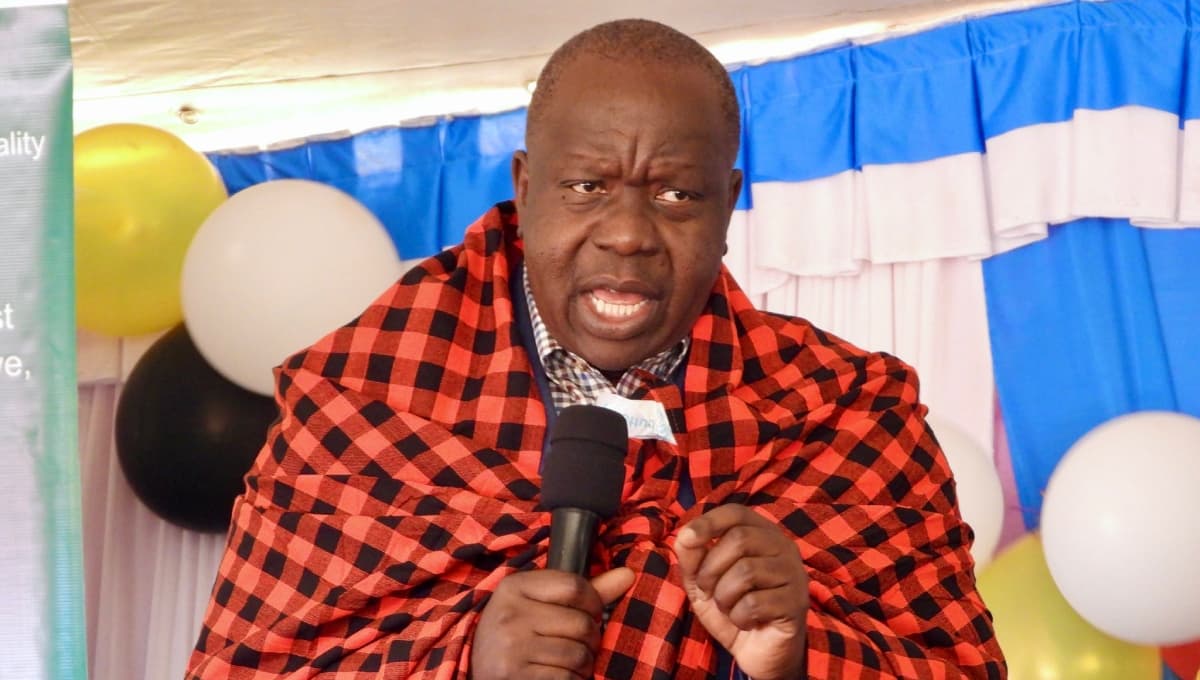We're loading the full news article for you. This includes the article content, images, author information, and related articles.
The former Interior Cabinet Secretary’s proposal targets a reduction in ministries and the controversial Chief Administrative Secretary positions, aiming to ease Kenya's ballooning public debt and tax burden.

NAIROBI – Former Interior Cabinet Secretary Dr. Fred Matiang’i on Wednesday, November 19, 2025, pledged to implement a “lean government” model to curb wasteful public spending, arguing that a bloated administration is a primary driver of Kenya’s fiscal distress. Speaking at a public forum in Nairobi, the presidential aspirant outlined a strategy that includes merging ministries, scrapping constitutionally contentious administrative posts, and undertaking a radical overhaul of state-owned enterprises. “The size of government we have right now is a drain on our resources,” Dr. Matiang’i stated, directly criticizing the current administration for what he termed “illogical payments” and poor prioritization. “Even when I was in government, there were things I saw that we could do without. This administration has taken it to a whole new level.”
Dr. Matiang’i’s proposal comes as Kenya grapples with a public sector wage bill that threatens economic stability. According to the National Treasury, monthly salary expenditures surged to KSh 80 billion by November 2025, totaling nearly KSh 960 billion annually. This figure consumes over 40% of ordinary revenue, a sharp increase from 16% in 2013 and well above the 35% ceiling stipulated by the Public Finance Management (PFM) Act. The Salaries and Remuneration Commission (SRC) has repeatedly warned that this high expenditure constrains funds available for critical development priorities such as healthcare, infrastructure, and education. Reports from the Controller of Budget (CoB) and the Auditor-General consistently highlight areas of rampant wastage. CoB Margaret Nyakang'o has flagged excessive spending on non-essential items, including KSh 3.5 billion on travel in the first quarter of the 2024/25 fiscal year alone. The Auditor-General's 2023/2024 report further exposed billions lost to poor project planning, overpriced procurement, and mismanaged loans, including KSh 1.58 billion paid in commitment fees for undrawn loans.
At the core of Dr. Matiang’i’s plan is a significant reduction in the size of the executive. His key proposals include:
The pledge to shrink government places Dr. Matiang’i, Jubilee Party's endorsed presidential candidate for 2027, at the center of a crucial national debate on fiscal responsibility. Proponents argue that a leaner government would free up billions of shillings for development projects and debt repayment, potentially easing the tax burden on Kenyans. With government debt standing at 68% of GDP in March 2023, up from 39% in 2010, fiscal consolidation is a priority. However, the proposal is expected to face significant political headwinds. A reduction in government size would likely lead to public sector job losses, inviting fierce opposition from trade unions. Furthermore, the extensive patronage networks that thrive on a large public sector mean that any attempts at reform will be resisted by political interests benefiting from the status quo. Economic analysts note that while reducing recurrent expenditure is critical, the effectiveness of such reforms depends on their execution. Past attempts at parastatal reform have often stalled, demonstrating the difficulty of implementing such changes. The success of Dr. Matiang'i's proposed austerity measures would hinge on sustained political will and the ability to manage the socio-political fallout from the reforms. As the 2027 election cycle approaches, the debate over the size and cost of government is set to intensify. Dr. Matiang’i has positioned his campaign on a platform of fiscal prudence and administrative efficiency, challenging his rivals to offer competing visions for steering Kenya out of its economic challenges.
Keep the conversation in one place—threads here stay linked to the story and in the forums.
Sign in to start a discussion
Start a conversation about this story and keep it linked here.
Other hot threads
E-sports and Gaming Community in Kenya
Active 9 months ago
The Role of Technology in Modern Agriculture (AgriTech)
Active 9 months ago
Popular Recreational Activities Across Counties
Active 9 months ago
Investing in Youth Sports Development Programs
Active 9 months ago